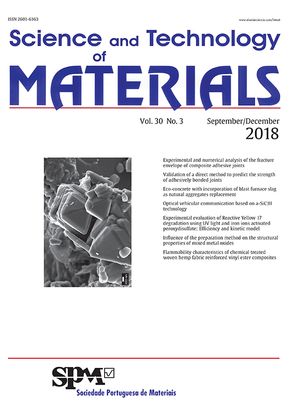In this investigation, the effect of surface modifications of abaca fiber by alkali and benzene diazonium chloride on the tensile strength of abaca fiber reinforced polypropylene matrix composites was studied. Natural fibers are having low cost, low density and are biodegradable. All these points are on the positive side but they are hydrophilic. Their water absorption property limits the use of these fibers as potential reinforcement in the preparation of composites. Polymer matrix is hydrophobic in nature. This makes fiber and matrix incompatible and results in poor interfacial bonding between the fiber and the matrix. The main objective of this chemical treatment is to reduce their water absorption property and also to improve the compatibility with polymer matrix. Abaca/Polypropylene composites with 20-50 wt% fiber loading have been developed by hot compression moulding technique and were then analysed for tensile strength. The study revealed that there is significant change in tensile strength of abaca composites upon alkali and benzene diazonium chloride treatment. The results showed that the tensile strength of the composites increased with increase in fiber loading up to 40% and beyond 40% it showed a decrease in tensile strength. The results indicated that chemically treated abaca fibers can be used as promising materials as reinforcement in the preparation of biocomposites.
SRJ is a prestige metric based on the idea that not all citations are the same. SJR uses a similar algorithm as the Google page rank; it provides a quantitative and qualitative measure of the journal's impact.
See moreSNIP measures contextual citation impact by wighting citations based on the total number of citations in a subject field.
See more




